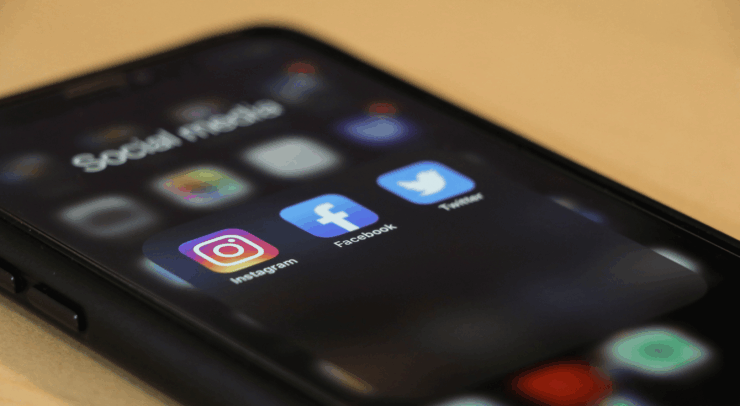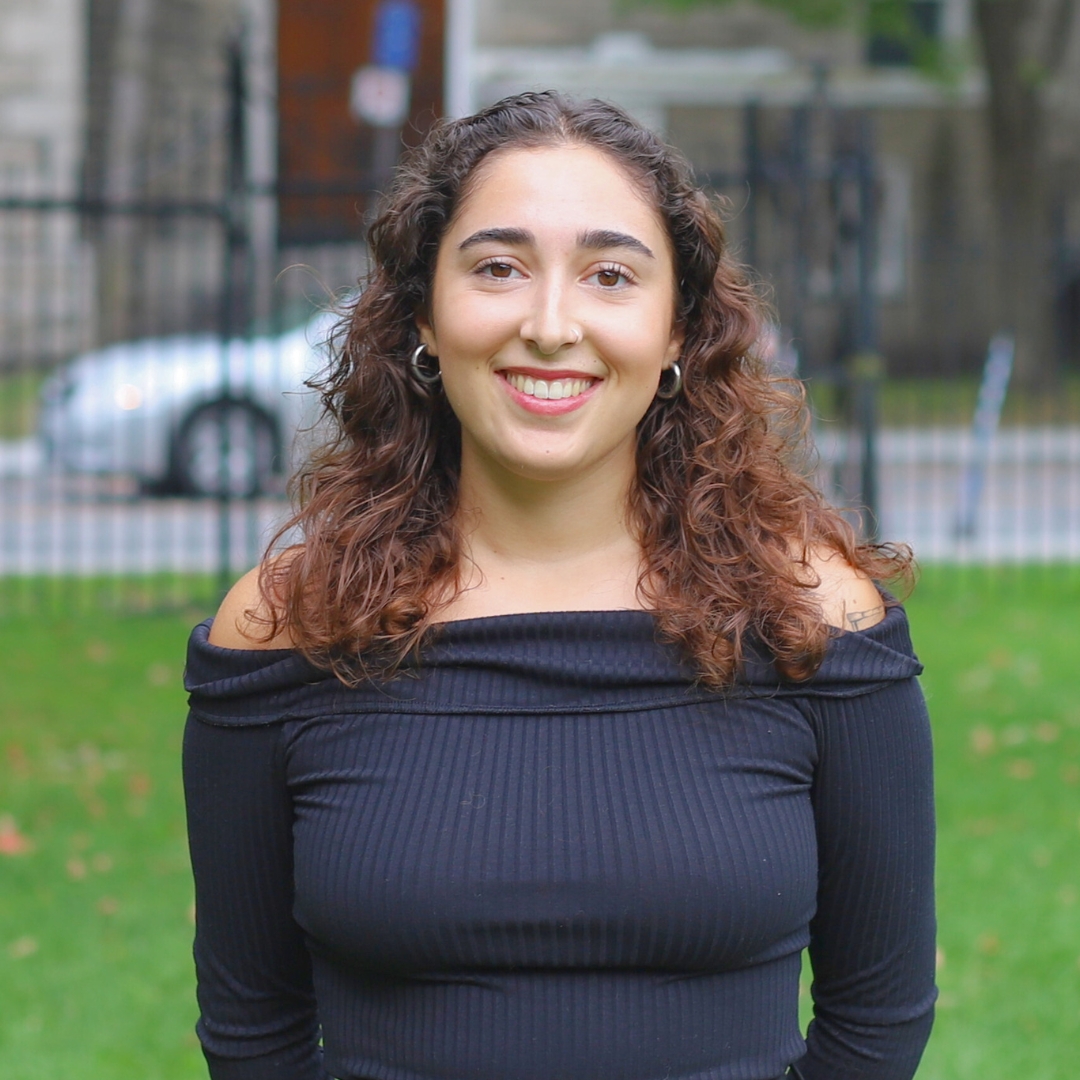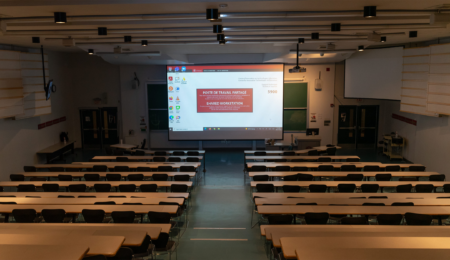Social media endangers aspects of healthy democracy by discouraging critical thinking and favouring certain narratives
Democracy requires an educated public. In an era where the distrust in news media is rising, many people are turning to social media for their information. This is especially the case for younger Canadians, as they represent 62 per cent of the population who receive their news from social media.
The introduction of Bill C-18 (Online News Act), which requires large digital platforms to negotiate agreements with Canadian news organizations when publishing their content, has complicated the world of online news. The issue is — what is considered ‘news’ and what isn’t? There is no clear line these days. As a result, many students have turned to alternative forms of information sources, such as Facebook pages or Substack blogs.
The Online News Act has not had the intended effect. Instead of paying large Canadian news organizations, large digital platforms bypass the Act by posting news indirectly on social media or changing platforms.
In fact, CBC reported that Google has paid the $100 million agreed to Canadian news outlets in exchange for an exemption from the Online News Act. In reality, the Online News Act has made it less likely to find reliable news on social media. Varied and trustworthy news must remain accessible to the public to ensure democratic integrity.
Key aspects of a healthy democracy include access to many different sources of information and media. Nicole Bibbins Sedaca of Freedom House, an American nonprofit organization known for political advocacy surrounding issues of democracy, explains, “Although few government officials enjoy public criticism of their policies, democratic leaders recognize and protect the role that independent media play in a free society.”
Specifically, ‘For You’ pages, which are a staple of many social media feeds, act as an echo chamber for your opinions, creating confirmation bias. Further, confirmation bias contributes to political polarization, creating a society where people are unwilling to discuss new ideas and find solutions together.
In addition, social media also threatens democracy in much more tangible ways. In August 2024, CBC reported social media posts from attendees of a Pierre Polievre event in Kirkland Lake were actually generated by accounts in Russia, France and other places.
Experts such as Elizabeth Dubois, the University of Ottawa research chair in politics and communication technology, call this practice “astroturfing” — online posts crafted to create a false appearance of grassroots social media activity.
It is increasingly difficult to decipher authentic online activity and propaganda. The average social media user does not interact with each post as if it was created by a bot or question the intended effect of the messaging–but maybe it is time they did.
These days, social media influencers or other content creators with large platforms can reach an audience more directly than news outlets. However, their intentions are different from news outlets. Often, they are being paid to deliver a certain message. A study from the University of Southern California notes “Marketers, as well as political campaigns, often turn to social media influencers in attempts to target various audiences with their messaging.”
Overall, the public must be able to effectively form educated and independent opinions. Social media endangers those aspects of a healthy democracy by discouraging critical thinking and obscuring what information is reliable.
Social media users should maintain a questioning attitude towards what they are consuming, and seek alternative sources of information.









